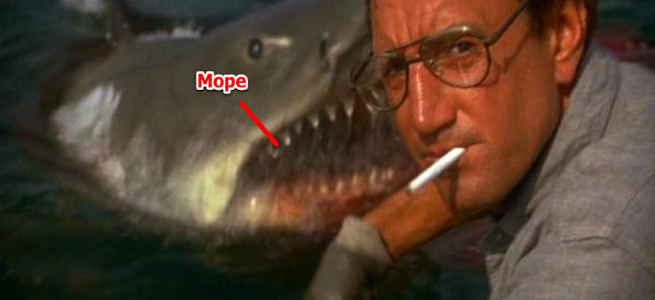
Grooveshark is undoubtedly playing a sad song today, but it’s definitely not from an artist licensed by major music company EMI.
[aditude-amp id="flyingcarpet" targeting='{"env":"staging","page_type":"article","post_id":411900,"post_type":"story","post_chan":"none","tags":null,"ai":false,"category":"none","all_categories":"business,media,","session":"D"}']EMI, one of the largest music publishers in the world, has terminated its contract with the streaming music service. EMI was the only company that had an official contract with Grooveshark, which entailed that the startup pay royalty fees based on song playback activity of its users. In January, EMI filed a lawsuit against Grooveshark for allegedly not paying any licensing fees since the licensing agreement was signed in 2009.
“Grooveshark was recently forced to make the difficult decision to part ways with EMI due to EMI’s currently unsustainable streaming rates and EMI’s pending merger with Universal Music Group, which we consider monopolistic and in violation of antitrust laws,” Grooveshark said in a statement to Cnet. “To date, Grooveshark has paid over $2.6 million to EMI, but we have yet to find sustainable streaming rates. In spite of this, Grooveshark’s dedication to artists and rights holders remains the same.”
AI Weekly
The must-read newsletter for AI and Big Data industry written by Khari Johnson, Kyle Wiggers, and Seth Colaner.
Included with VentureBeat Insider and VentureBeat VIP memberships.
Grooveshark is different from other prominent streaming music services like Spotify, MOG, and Rdio because it doesn’t have broad licensing agreements to play the majority of its music. It depends on its users to upload songs that can be enjoyed by the community. If a user uploads a file that he or she doesn’t own and it gets a DMCA complaint, Grooveshark takes the file down. With Grooveshark’s EMI contract terminated, any music licensed by EMI will need to be removed if found online. To date, Universal Music Group, Sony Music, and the Warner Music Group have filed a lawsuit against Grooveshark for allegedly pirating thousands of songs through its streaming service.
Basically, this means Grooveshark can’t use the majority of licensed music, and major music publishers aren’t interested in changing that anytime soon.
Gainesville, Fla.-based Grooveshark has over 30 million active monthly users who stream more than 15 billion songs per year, according to the company. In November, it rolled out a new design of its online music player that includes a social layer.
Jaws image via Universal Studios
VentureBeat's mission is to be a digital town square for technical decision-makers to gain knowledge about transformative enterprise technology and transact. Learn More